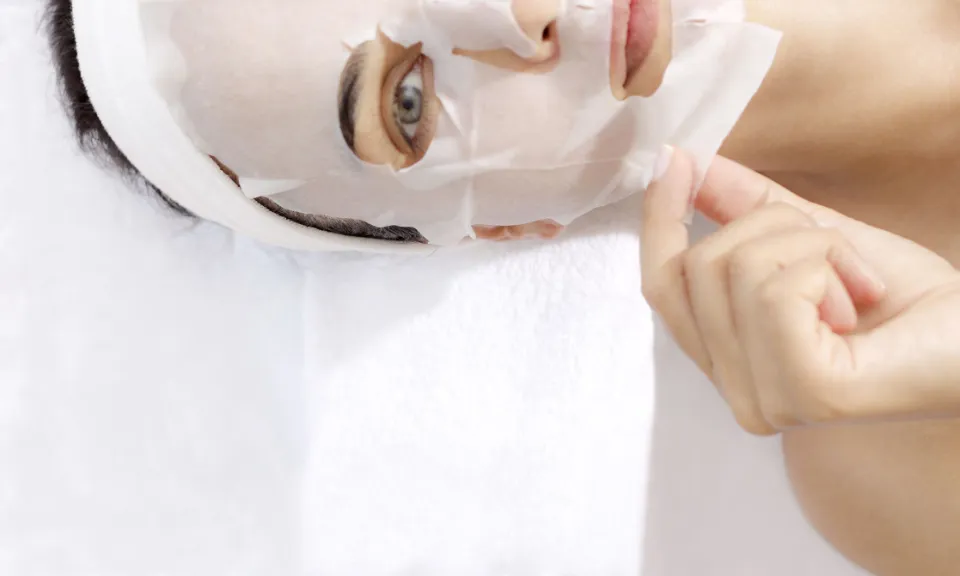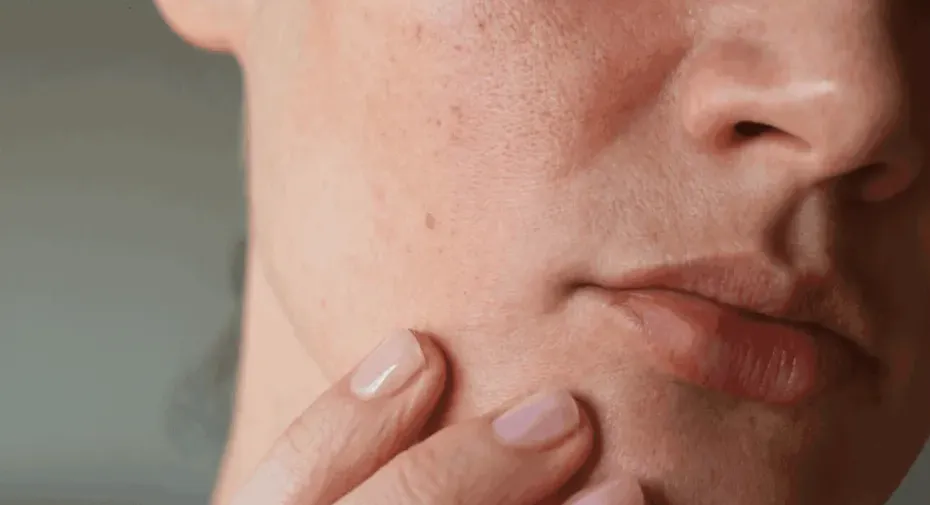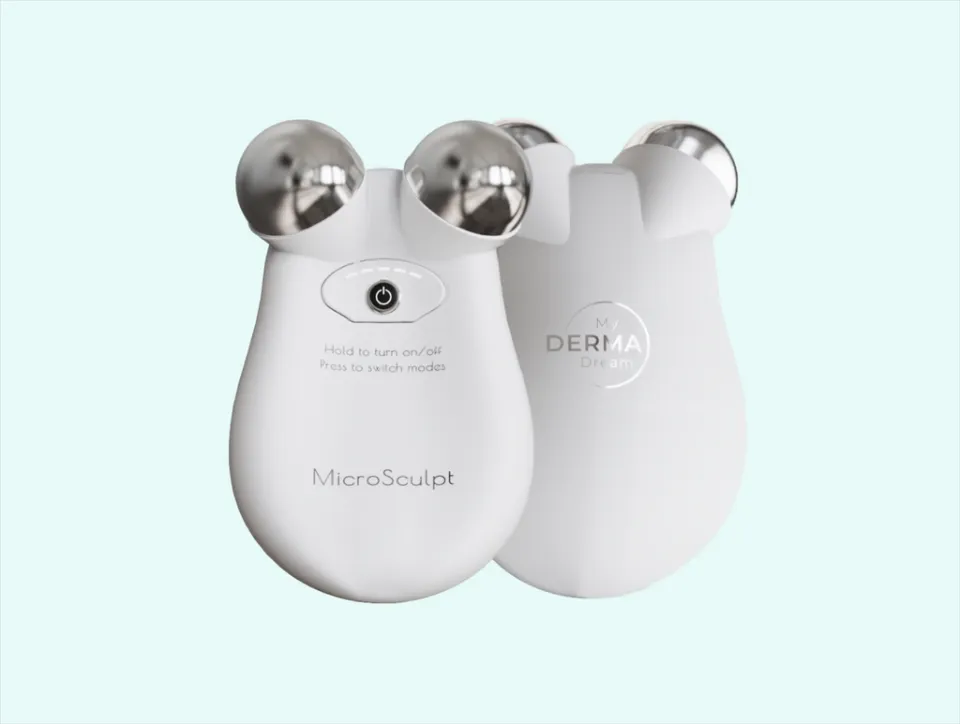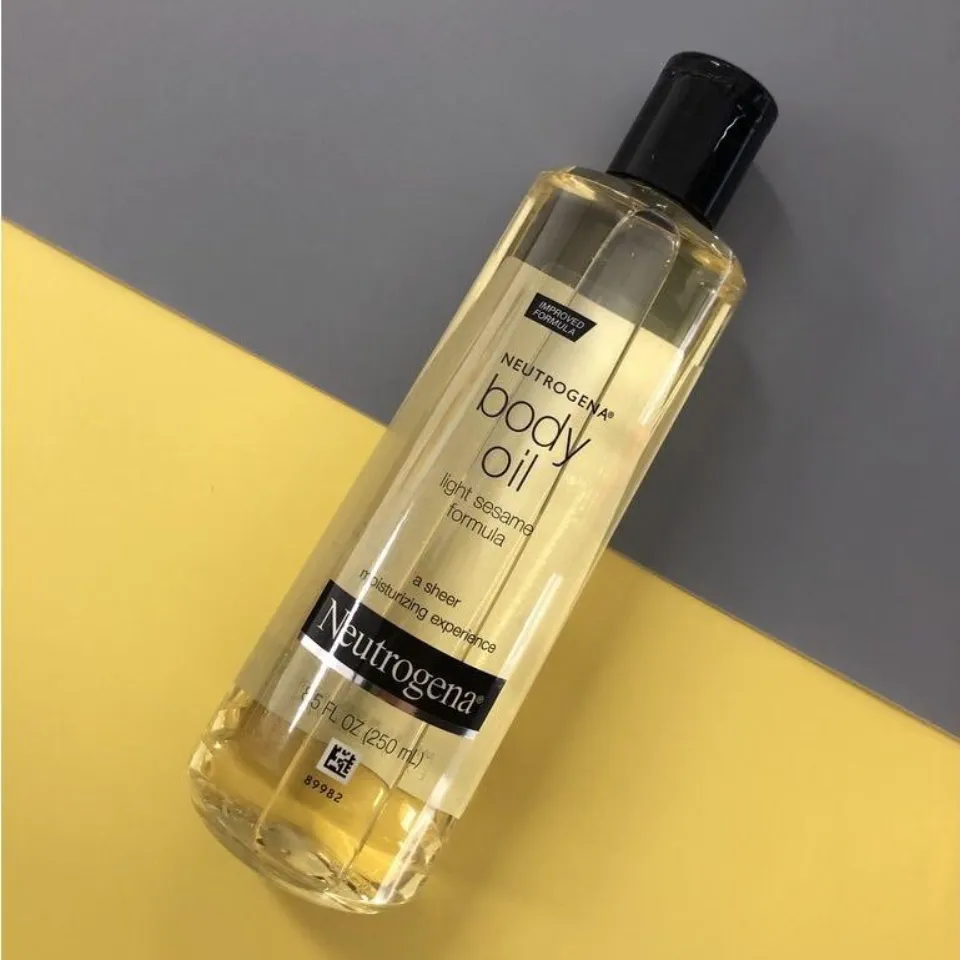Are face masks good for your skin is a frequently asked question. They can certainly be beneficial, but they also have the potential to be detrimental, particularly if the wrong mask is used or they are not used as directed.
No face mask can perform wonders. However, they can enhance the texture and appearance of your skin when used in conjunction with a sound skincare regimen.
Discover more about face masks by continuing to read.
Are Face Masks Good for Your Skin?
In a nutshell, it all depends on the face mask you use and your goals.
Face masks can be an effective way to deliver an intensive burst of nourishing and therapeutic skin care ingredients in a highly concentrated form.
For a predetermined amount of time, typically 10 to 20 minutes, they cover the face with the formula of your choice. This gives the ingredients more time to penetrate the skin’s surface and work.
Although they can provide immediate relief from inflammation and dry patches, their effects are fleeting, so you should use them in conjunction with other potent skin care products.
Making a mask just for the sake of making a mask can be dangerous and result in a surprising number of problems, such as dryness, irritation, redness, and breakouts.
Read More: Benefits of Yogurt Face Mask
How Do Face Masks Even Work?
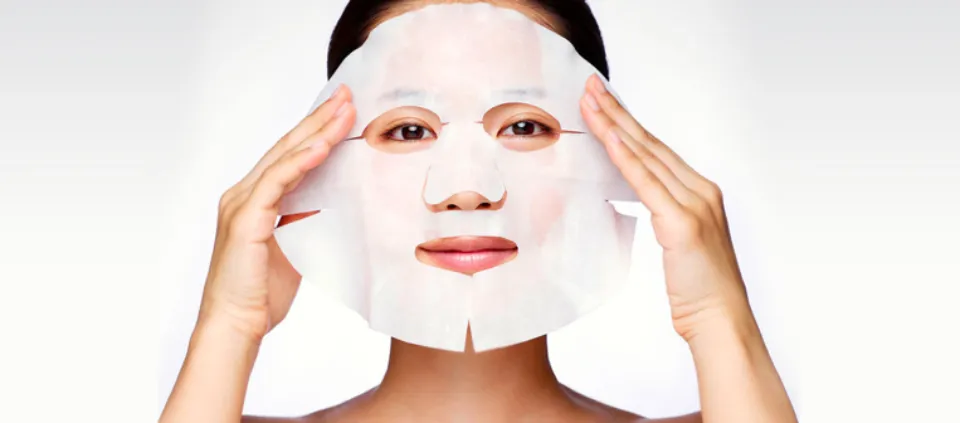
Apply makeup after washing and moisturizing the face. Skincare must be easy, right?
If your skincare regimen is simple and effective, there’s nothing wrong with it. But if you’re one of the millions of Americans suffering from skin conditions like acne or redness, you might be looking for a skin care boost. It’s also unfortunate that professional skin care procedures like facials can be expensive.
Face masks can help in this situation by providing effective skin care at a low cost.
The ingredients from a face mask are kept longer in contact with your skin because of the occlusion phenomenon of the mask on your skin.”
Depending on the ingredients and its intended use, the mask traps the moisture or ingredient in the skin and produces a film that aids in hydrating, moisturizing, drying, or exfoliating the skin. Face masks enable ingredients to enter your skin more effectively and quickly.
A face mask can provide a more concentrated dose and more intense version of an ingredient than other forms of application, whether it’s salicylic acid for acne, vitamin C for fine lines, or retinoid for lightening dark spots.
Read More: Types of Facial Masks
What Face Masks Are Good for Your Skin?

Looking for a quick fix for a skin issue? Here are a few common ingredients to look for on the label when trying to combat a skin concern:
Dry skin: hyaluronic acid.
Fine lines: anti-oxidants like vitamin C, vitamin E, resveratrol, and ferulic acid.
Acne & blemishes: salicylic acid and alpha hydroxy acids (AHAs).
Rosacea: niacinamide.
Dark spots & pigmentation: soy, kojic acid, tranexamic acid and licorice root extract.
Oily skin: salicylic acid.
How Often Should You Use Face Masks?
Every healthy skin care regimen includes daily use and weekly use products. A face mask can be applied once per week or up to three times per week.
It based on the type of skin you have. Less should be used on normal to dry skin, and more may be used on normal to oily skin.
If you haven’t already, everyone should incorporate masking into their skincare routine. You will see and feel a noticeable change in your skin after just a few (relaxing) minutes a day. You’ll adore the way your skin appears.
Related Post: How Often Should You Do a Facial Mask?
Takeaway: Are Face Masks Good for Your Skin
Avoid acidic foods and beverages like apple cider vinegar and lemon or lime juice. Due to their low pH, these products may irritate the skin.
In addition, it is far more crucial to use a cleanser, moisturizer, and sunscreen every day.
Read More:
- How to Remove a Facial Mask?
- Does Makeup Age Your Skin?
- Are Tears Good for Your Skin?
- Is Matcha Good for Your Skin?
- Are Face Scrubs Bad for Your Skin?
- When to Use a Face Mask in Skin Care Routine?
FAQs
What Do Face Masks Do for Acne?
While face masks aren’t a long-term remedy for acne, they can help calm inflamed skin and prevent breakouts.
When to Use Face Mask, Morning Or Night?
However, if you’re using a mask that exfoliates or clarifies your skin, then it’s best to use that at night.
How Often Should You Use a Face Mask?
Most face masks should be used about once per week.

